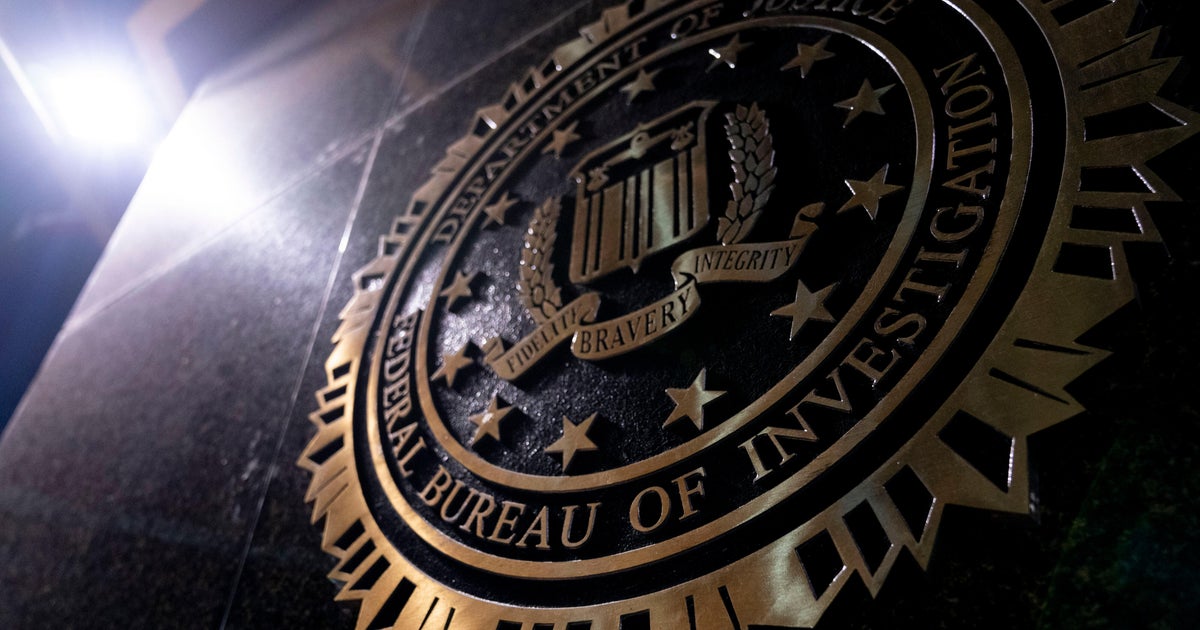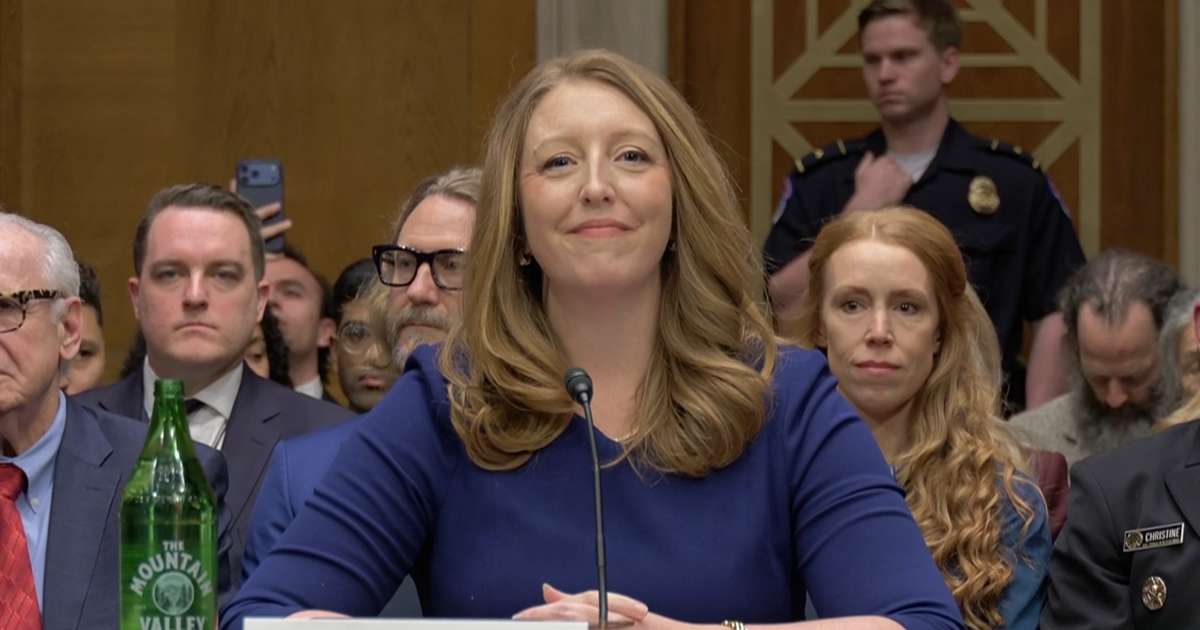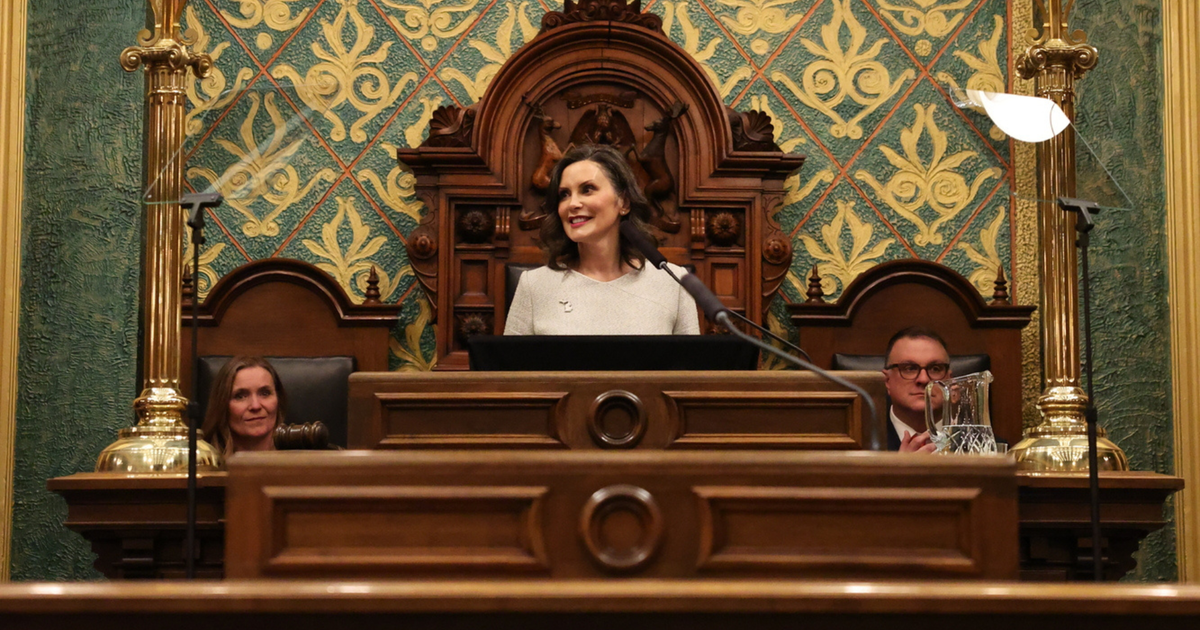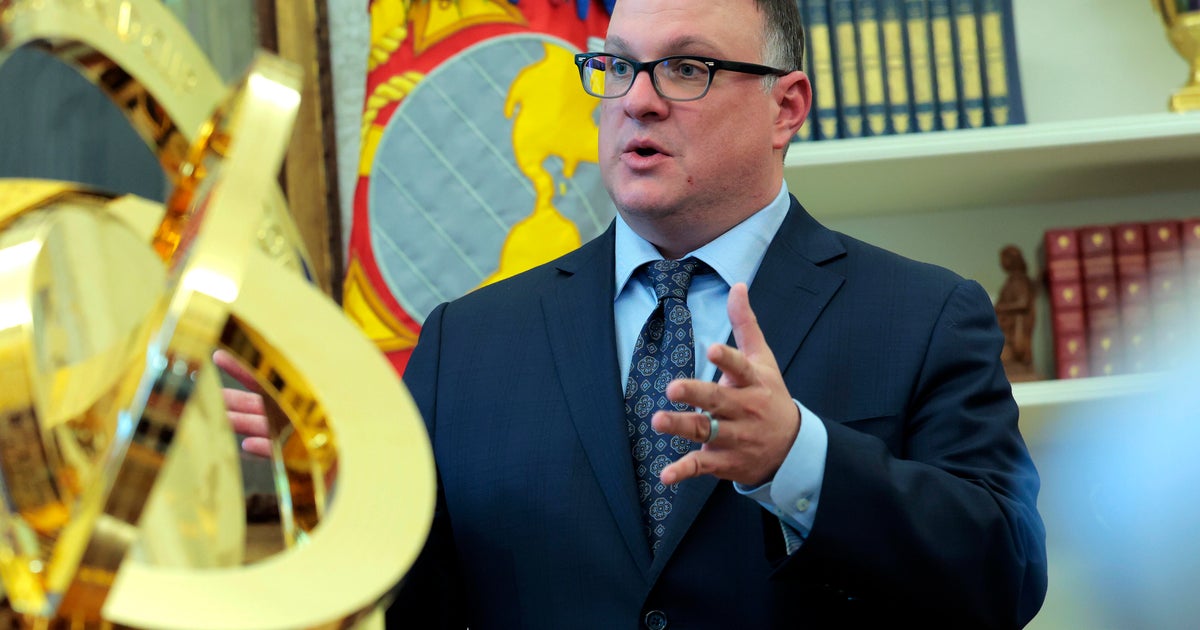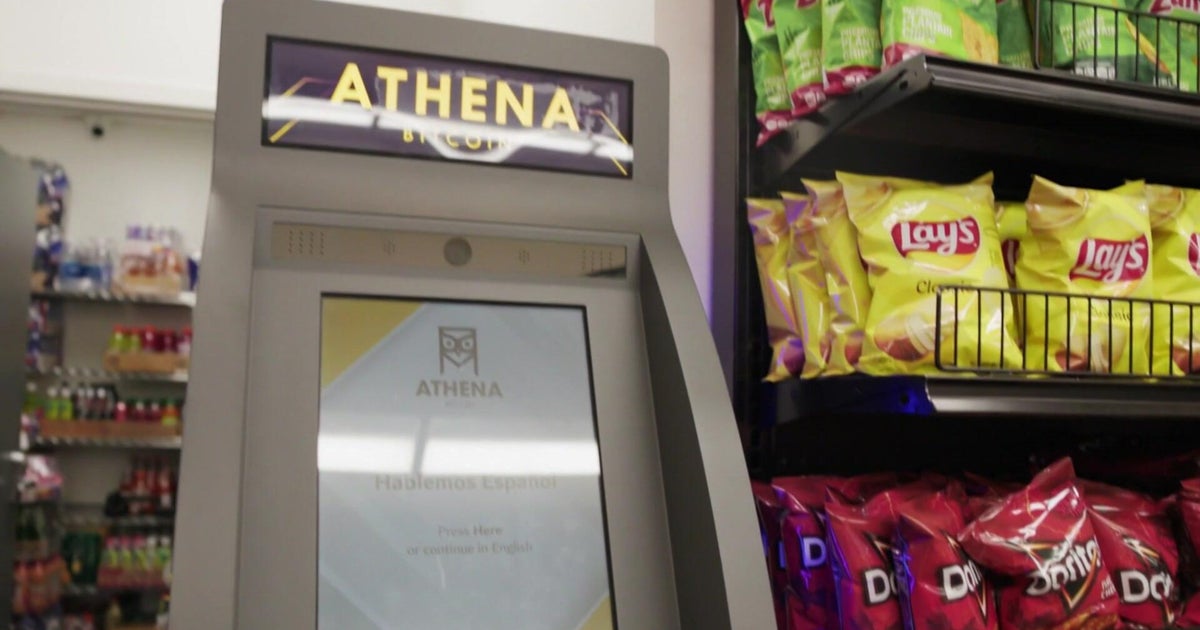Stanford Expert: Wikileaks Shined Light On Iran Nuclear Threat
STANFORD (CBS SF) -- While Washington continues reeling after the website WikiLeaks released thousands of classified U.S. State Department cables this week, a Stanford University expert said some of the disclosures - particularly as they related to Iran - were largely known already.
Among the WikiLeaks disclosures were that U.S. and South Korean officials made game plans to deal with a possible collapse of the North Korean government; U.S. officials have candidly shared suspicions of Afghan government corruption; and China has conducted computer hacking attacks against Mountain View-based Internet search giant Google Inc. and others in the west.
But some of the most gripping disclosures involved the nuclear threat posed by Iran, according to Abbas Milani, the director of Iranian Studies at Stanford University and co-director of the Iran Democracy Project at the Hoover Institution.
"Beneath the solemnities of diplomacy, the Islamic Republic's relations with most of its neighbors have always been tense and fraught with friction, and thus the leaked documents simply confirm or re-emphasize what has long been a known fact: Iran's Arab neighbors are worried about the Islamic Republic, particularly its nuclear program and its advocacy of Shiite radicalism," Milani said in a statement to CBS San Francisco on Tuesday.
According to one of the newly released diplomatic cables, when Mahmoud Ahmadinejad was elected president of Iran in 2005, the then commander of U.S. forces in the Middle East, Gen. John Abizaid, met with Arab military leaders and "all agreed with Abizaid that Iran's new president … seemed unbalanced, crazy even."
That cable - one of a quarter million obtained and released by WikiLeaks, detailed a meeting in the United Arab Emirates - the beginning of a litany of demands from Arab countries just across the Persian Gulf from Iran for the U.S. to do whatever it takes to stop Ahmadinejad from building a nuclear weapon.
Iran's nuclear program "must be stopped," the king of Bahrain is quoted as saying. The king of Saudi Arabia repeatedly called on the U.S. to "cut off the head of the snake." But none of those leaders would say the same in public since it would put them on the side of Israel.
When President Barack Obama took office, he unveiled a new policy of engagement with Iran, offering to talk with its leaders.
But at a meeting in Europe, an American envoy said "engagement alone is unlikely to succeed" and that the Obama administration was planning to surround Iran with economic sanctions and missile defenses.
To get China - which depends heavily on Iran for oil - to go along with sanctions, the U.S. apparently persuaded Saudi Arabia's king to guarantee China it would make up any oil it lost from Iran. After Mr. Obama cancelled plans to station anti-missile defenses in Poland -- defenses which Russia believed were directed against it - and place them on ships in the Mediterranean instead, Russia "indicated (its) willingness to move to the pressure track" - support sanctions, in other words.
But the cables also make clear Iran still finds ways to beat the sanctions. U.S. intelligence warned Iran was getting advanced missiles from North Korea that could strike European capitals.
The documents detail the nitty gritty diplomacy of trying to head off the Iranian nuclear program - and they're bound to make for interesting reading in Iran, which has talked about impeaching Ahmadinejad in recent times.
"Every time there is a foreign threat, factions within the regime tend to put aside their tensions and create a united front. These revelations, the reality of enmity from powerful Arab neighbors, and finally the assassination attempts on two of the country's top nuclear physicists, are likely to dampen the enthusiasm for impeaching Ahmadinejad. At the same time, the Iranian economy is in serious trouble, and sacrificing Ahmadinejad might well be a necessary price for regime survival," Milani concluded.
(© 2010 CBS Local Media and CBS Interactive Inc. All Rights Reserved. This material may not be published, broadcast, rewritten, or redistributed.)
